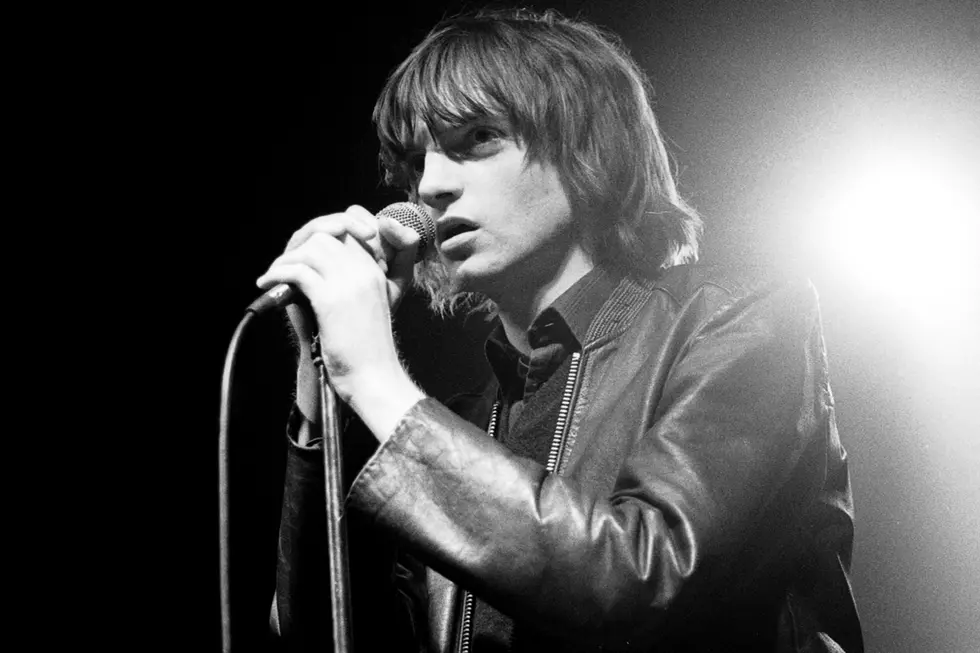
Ikutaro Kakehashi, Founder of Roland Corporation, Dies
Ikutaro Kakehashi, who, as founder of the Roland corporation, influenced electronic music, has died. He was 87.
The news was shared by Roland developer Tommy Snyder, who wrote on Facebook, "Ikutaro Kakehashi, founder of Roland, father of the TR-909, TR-808, Godfather of MIDI, and someone who I have collaborated with for 38 years, and also considered him as my 2nd father, passed away at the age of 87. He was a super funny, wonderful and gifted human being, and his contributions to the musical instrument world , and music, touched millions of people worldwide. RIP dear Taro."
Born in Osaka, Japan in 1930, he began his career fixing organs in the '50s. This led to his founding of Ace Tone, where he made early versions of drum machines, with pre-set rhythms that were eventually incorporated into Hammond organs. Working with Hammond got him deeper into electric keyboards, creating the Autochord, where the left hand could create chords by pressing only one key.
He left Ace in 1971 and launched Roland with the TR-77 and, by 1973, was making synthesizers. As Fact points out, at the time, synths, like those made by Moog and Don Buchla, were complex machines built for professionals. But at Roland, Kakehashi, who had no musical training, created his keyboards so that they could be used at home.
In the early '80s, Kakehashi began coordinating with the other keyboard manufacturers to create a unified standard that allowed keyboards to connect with each other. The result, debuted in 1983, was given the name of Musical Instrument Digital Interface, or MIDI. Kakehashi and Dave Smith of Sequential Circuits, received Technical Grammy Awards for their lasting contribution in creating MIDI.
Arguably, his most influential single product was the TR-808 Rhythm Composer, one of the first that allowed consumers to create their own rhythms instead of presets. It first rose to prominence on Marvin Gaye's "Sexual Healing" and Afrika Bambaataa's "Planet Rock" and, even though it was discontinued in 1983, it continued to be used on records by artists as diverse as the Beastie Boys, Whitney Houston, Phil Collins, Public Enemy and Nine Inch Nails. Kanye West named his 2008 album 808s & Heartbreak after using it extensively during the sessions.
Rocker Deaths: Artists We Lost in 2017
More From Diffuser.fm









